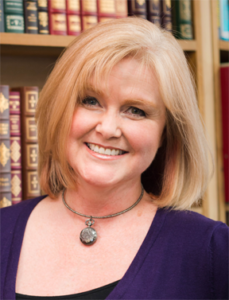By DeAnna Cameron //
Apostrophes may be small, but they can be tricky little devils, especially when it comes to the rules about forming plural and possessive words.
Unlike contractions, where apostrophes are rarely misused, the correct way to apply apostrophes to plural and possessive words can elude even the savviest of writers.
Let’s break those rules down and clear up the confusion.
This time, we’ll focus on plural words because the rule is easy. According to The Chicago Manual of Style, the preferred formatting and style guide for many book editors, apostrophes followed by an s do not create plural words.
See? Such a simple rule, yet examples of apostrophe abuse abound.
One of the most common mistakes I see as a copy editor is the placement of an apostrophe-s (’s) at the end of a family name to pluralize it. Here’s an example:
Wrong: The Johnson’s live here.
Right: The Johnsons live here.
The Chicago Manual of Style advises writers to employ an apostrophe followed by an s to create a plural only when pluralizing a single letter.
Wrong: She is minding her ps and qs.
Right: She is minding her p’s and q’s.
The reason the apostrophe is needed in the example above is to make it clear that ps and qs aren’t intended to form a word.
Another common misuse of the apostrophe, if following the Chicago Manual of Style’s guidelines, is to put one before the s when referencing decades.
Wrong: That band was popular in the 1980’s.
Right: That band was popular in the 1980s.
So, the next time you find yourself on the brink of inserting an apostrophe before an s to form a plural, stop yourself and reconsider. There’s a good chance you don’t need it.
Up Next: An SOS on Apostrophe-S (Possessive Words)
 DEANNA CAMERON is the founder and managing director of O.C. Writers. She’s also an award-winning hybrid author currently writing YA dark fantasy as D.D. Croix and an occasional copy editor who’s never met an Oxford comma she didn’t like. Learn more at www.DDCroix.com.
DEANNA CAMERON is the founder and managing director of O.C. Writers. She’s also an award-winning hybrid author currently writing YA dark fantasy as D.D. Croix and an occasional copy editor who’s never met an Oxford comma she didn’t like. Learn more at www.DDCroix.com.

